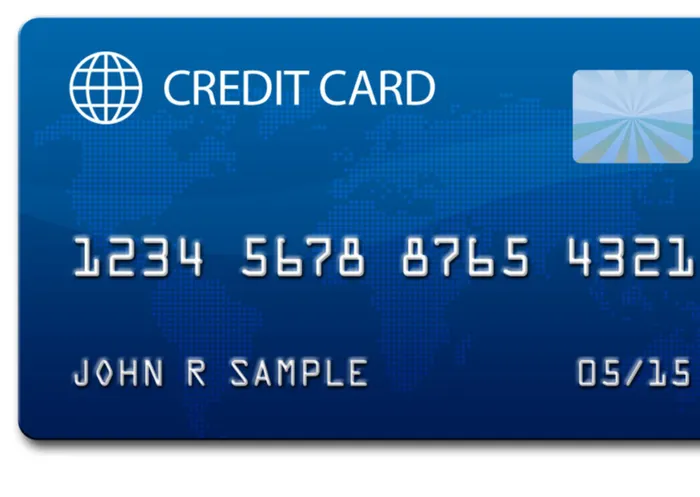Stores in spotlight over bank fees

Can businesses charge extra for card payments?
I’ve seen a spike in queries from readers about retail outlets charging an extra fee – a percentage of the till total – when customers present cards instead of cash as payment.
“Is this legal?” they ask.
What those retailers are doing is passing on their bank fees – and in many cases, shockingly, a higher percentage – to their customers.
Shelli Engel of Durban told Consumer Watch: “I was made to pay 10 percent of my bill at Liquor World bottle store in Queensburgh so I could pay by card. My bill was R400. If I hadn’t been in such a rush I would have told them to shove it.”
The outlet’s bank charges on that transaction would be between 3 percent and 5 percent, so that retailer is not just passing on his bank fees – which he has no right to do – but profiteering from each card payment, too.
Owner Viro Bhagwandin told me that his tills were programmed to add 8 percent – not 10 percent, he insisted – to the total for card payments. His justification was that the percentage quoted by the bank excluded VAT.
But 8 percent is still higher than his actual cost. He conceded this, and acknowledged that he shouldn’t be charging the fee at all, but argued that his profit margins were too low to sustain the bank fees, and increasing his profit margin would penalise 90 percent of his customers who paid cash.
So is the practice illegal? Yes. The Consumer Protection Act’s Section 23 states that a customer may not be made to pay more than the displayed price. And all merchant agreements in this country prohibit retailers from adding a fee or a surcharge for card payments.
According to that agreement, if the retailer is doing so, they are in breach of their agreement, and the bank can terminate the contract and take back their machines.
Consumers who are made to pay an extra percentage for card payments should report this to the merchant’s bank (the name of the bank will be on the store’s card machine) and insist that action is taken.
When I’ve tackled other retailers about this practice, many have fudged the issue by claiming that all they are doing is offering a cash discount. But that’s simply not true if the advertised price, and the price on the goods or shelf, is not the highest possible price.
According to that merchant’s agreement, no amount may be added to that VAT-inclusive price at the till.
The price may, however, be discounted for cash payments.
So stand your ground if you’re asked to pay a higher price when you present a card at the till. If the store won’t budge, report them to their bank, and follow up to find out what action has been taken.
You’d have a valid complaint for the National Consumer Commission, too. But don’t expect a speedy response. - The Star